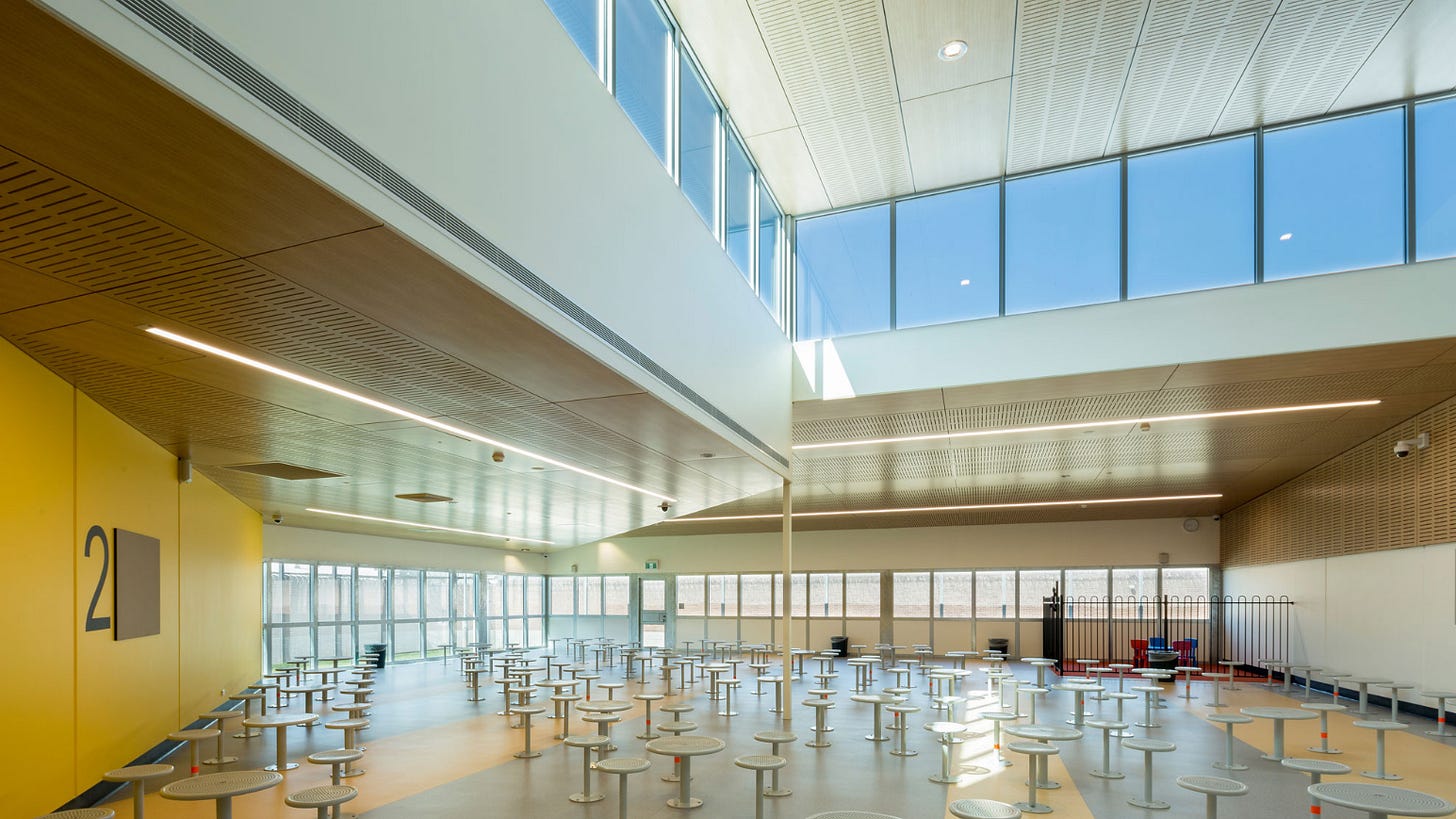Children with a parent in prison are ignored and unsupported
Governments around Australia have continually ignored calls for greater support to be provided to children with incarcerated parents, who are “largely absent” in research and policy development.
In late 2021 a novel program was launched in south-east England to support children whose parents have been incarcerated.
Dubbed Operation Paramount, it involved a partnership between the Thames Valley Violence Prevention Partnership and Thames Valley Police to facilitate prompt support for these children by the Children Heard and Seen charity.
Using data from the prison service, the program is able to recognise the children who will need support, providing for the first time a statutory mechanism to recognise these families and connect them with support.
From May 2022 to November 2024 the program worked with 130 children and referred them to the charity so they could receive direct support, and there is now work underway to expand it further across the United Kingdom.
There is no such program anywhere in Australia, with the children of people in prison left to fend for themselves and search for ad-hoc support outside of existing systems, usually from extended family.
A new Monash University and SHINE for Kids study is the first time children of incarcerated parents have been heard directly from in academic research in more than a decade.
There are an estimated 40,000 children in Australia who have a parent in prison, although this figure is not clear due to a lack of any formal data practices.
Despite this, there is little direct support for the specific needs of these children, who seem to be falling through the cracks.
“This number of children could fill a stadium, but support is sparse and ad hoc, despite concern for them being significant enough to warrant recent parliamentary inquiries in NSW and Victoria,” SHINE for Kids CEO Julia Hourigan said.
“Opportunities to identify and support children are being missed from the time of a parent’s arrest right through to sentencing and at school. This report highlights these missed chances by sharing children’s reflections on the people they wish could have better understood or helped them.”
Children with a parent in prison are among some of the “most disadvantaged and overlooked in our community”, with multiple and compounding disadvantages, but they are offered no specific support, and are largely overlooked in the criminal justice system.
“They are rarely consulted about their experiences or opinions - in the last decade, only three studies have heard directly from children of prisoners,” the report said.
“As a result, the voice of children is absent in both research and policy development.
The report found that no Australian jurisdiction has a screening process in place to assess the unmet needs of children with an incarcerated parent, and that police lack operation guidelines to ensure the wellbeing of children is protected when a parent is arrested.
“No research has been done to date to explore the experiences of children in this situation, including associated harms,” it said.
“This is a considerable gap in our knowledge of children’s experiences and need for protection at such a critical time.”
The children talked to for the report saw an “almost non-existent role” being placed by staff in the justice system, with informal support systems filling this gap.
“Staff in formal support services were not mentioned as prominently as providers of support when compared with family and teachers,” the report said.
“Evidently children will be unable to consider or suggest supports that they have not been offered and of which they are therefore unaware.”
The report called for a program similar to Operation Paramount in the UK to be trialled in Australia.
“While this program is relatively new and small, trialling this model in Australia to evaluate its efficacy would at least provide an opportunity to identify children lacking access to effective supports when their parent is imprisoned,” it said.
A Victorian parliamentary inquiry into the issue in late 2022 called for a range of reforms, including the establishment of a dedicated unit, brach or agency with a specific mandate to respond to children and families of people affected by parental incarceration, and improved data collection practices in order to better support children.
The Victorian government is yet to act on either of these recommendations.



